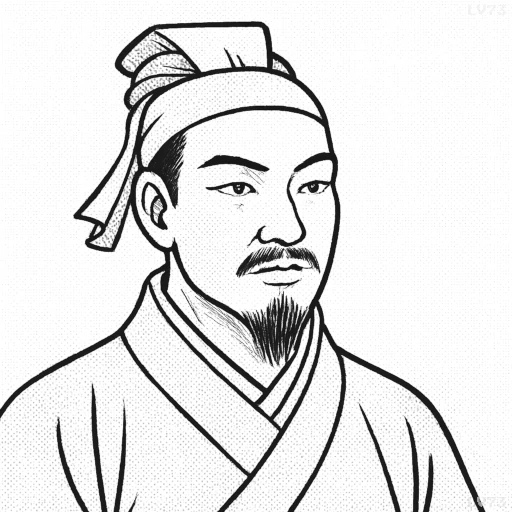“The opportunity to secure ourselves against defeat lies in our own hands, but the opportunity of defeating the enemy is provided by the enemy himself.”

- 544 BC-496 BC
- Born in China
- Military strategist, military strategist
table of contents
Quote
“The opportunity to secure ourselves against defeat lies in our own hands, but the opportunity of defeating the enemy is provided by the enemy himself.”
Explanation
This quote from Sun Tzu underscores the idea that self-preservation and security are within our own control, while victory depends on the enemy’s actions or mistakes. Sun Tzu suggests that if we take the necessary precautions—such as preparing defenses, strengthening our weaknesses, and managing our resources—we can avoid defeat. However, defeating the enemy is not solely about our own efforts but about capitalizing on the enemy’s vulnerabilities, errors, or miscalculations. In other words, we must remain vigilant and responsive, waiting for the right moment when the enemy exposes themselves to defeat.
In modern contexts, this principle is relevant in business, sports, and personal challenges. For example, in business, a company that secures itself against failure through effective risk management, strong leadership, and innovation can weather difficult times. However, defeating competitors often depends on external factors like market shifts, competitor missteps, or changes in consumer behavior. When Kodak failed to embrace digital photography, it inadvertently created an opportunity for companies like Canon and Nikon to dominate the market. Similarly, in politics, a leader who secures their position through strategic alliances and strong policies can avoid personal failure, while seizing the opportunity to defeat an opponent often depends on the opponent’s mistakes or miscalculations.
This quote also applies to military strategy, where securing oneself against defeat involves fortifying defenses and avoiding exposure to unnecessary risks. However, the key to defeating the enemy often lies in exploiting their vulnerabilities. For instance, during World War II, the Allied forces won critical battles not only by strengthening their own positions but by capitalizing on Hitler’s strategic mistakes, such as the invasion of Russia and the failure to anticipate Allied counterattacks. By understanding when and where the enemy is weak, a general can turn the tide of battle in their favor.
Would you like to share your impressions or related stories about this quote in the comments section?
